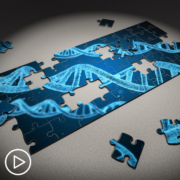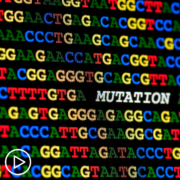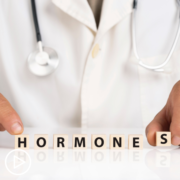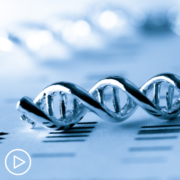What Does Breast Cancer Hormone Receptor Status Mean?
What Does Breast Cancer Hormone Receptor Status Mean? from Patient Empowerment Network on Vimeo.
There are many subclassifications of breast cancer—including a patient’s hormone receptor status. Expert Dr. Jame Abraham defines hormone receptor status and explains the potential impact on breast cancer treatment outcomes.
Dr. Jame Abraham is the chairman of the Department of Hematology & Medical Oncology at Cleveland Clinic and professor of medicine at Cleveland Clinic Lerner College of Medicine. Learn more about Dr. Abraham.
See More From INSIST! Breast Cancer
Related Resources:

How Do Genomic Testing Results Impact Breast Cancer Treatment Options? |

|

|
Transcript:
Katherine:
Dr. Abraham, can you please explain hormone receptor status?
Dr. Abraham:
Yeah. So, as you know, really well, breast cancer is not one disease. It can be five, or six, or seven different diseases. There are so many subclassifications for breast cancer. So, most common type of breast cancer, especially if I can see, in postmenopausal patients, almost 70 percent of breast cancers are postmenopausal. Sorry, you can edit that out. So, in postmenopausal patients, 70 percent of breast cancers are hormone-positive, or estrogen receptor-positive – 70 percent is estrogen receptor-positive.
So, what that means is, when, after the biopsy, the tumor is sent for a test.
In that test, the pathologist will say – they’ll stain the tumor, and then, see if the tumor has a receptor, which is estrogen receptor, and progesterone receptor. So, as I said, 70 percent, it’s actually hormone-positive. When the tumor is estrogen receptor-positive, overall, prognosis is better. So, our prognosis is better. Second, we have better treatments, which can target that estrogen receptor-positive tumor. So, it’s a good thing when patients have hormone receptor-positive disease. Prognosis is better, we have better treatments.










